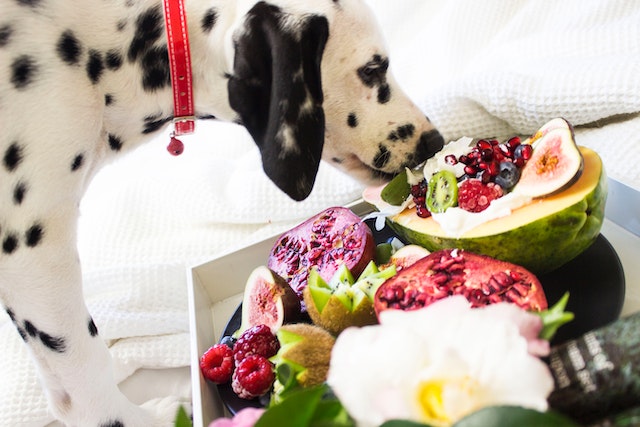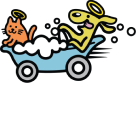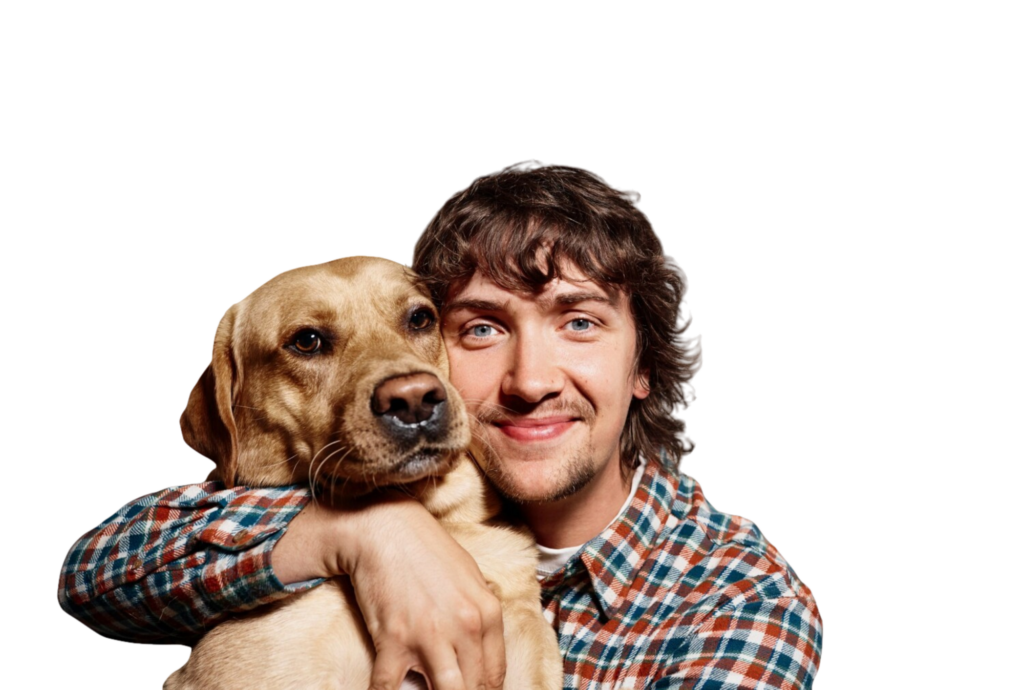Are you wondering how to stop your dog from eating everything? It’s time to investigate the causes, the prevention methods and what to do if things go wrong.
Reasons Why Dogs Eat Items They Shouldn’t
There are a number of reasons why dogs may eat things they shouldn’t. Here are a few common ones:
- Curiosity: Dogs are naturally curious animals, and they may eat things they shouldn’t simply because they are interested in what they are and how they taste.
- Boredom: Dogs that are bored or don’t have enough to do may be more likely to engage in destructive behaviors, such as chewing on inappropriate items.
- Attention-seeking: Some dogs may chew on inappropriate items as a way to get their owner’s attention.
- Medical issues: In some cases, dogs may eat things they shouldn’t because of an underlying medical issue, such as a deficiency in their diet or a gastrointestinal disorder.
- Separation anxiety: Dogs that experience separation anxiety may chew on inappropriate items as a way to cope with their anxiety when they are left alone.
- Teething: Puppies go through a teething phase, during which they may chew on just about anything they can get their paws on.
- Prey drive: Some dogs, particularly those with a high prey drive, may chew on inappropriate items as a way to mimic the act of hunting and killing their prey.
How To Stop Your Dog From Eating Everything
Here are a few strategies you can try to stop your dog from eating things they shouldn’t:
- Remove temptations: Make sure to keep any potentially dangerous or undesirable items out of your dog’s reach.
- Provide plenty of chew toys. Offer your dog plenty of safe, appropriate items to chew on, such as chew toys and bones. This can help satisfy their natural desire to chew. Hopefully, it will reduce the likelihood that they will chew on other, inappropriate items.
- Train your dog to “leave it”. Teach your dog the “leave it” command, which tells them to leave something alone and not touch it. This can be helpful if your dog tries to pick up something they shouldn’t.
- Supervise your dog. Make sure to keep an eye on your dog when they are outside or risky areas.
- Consult a veterinarian or professional trainer. If your dog’s chewing habits are causing problems, consider consulting a veterinarian or professional trainer for additional advice and guidance. They can help you identify any underlying medical or behavioral issues that may be contributing to the problem and recommend appropriate treatment options.

How To Stop Your Dog From Eating Everything: More Tips
Here are a few more ideas for how to stop your dog from eating things they shouldn’t:
- Use deterrents if your dog is prone to chewing on certain items. You can try using dog safe but bitter-tasting deterrent sprays or gels on those items. These products might be safe for your dog to lick. They have a taste that dogs find unpleasant and may help deter them from chewing on the treated items.
- Make undesirable items less appealing. If your dog is attracted to certain types of objects, such as shoes or furniture, you can try making those items less appealing by using a product that masks the scent or makes the items taste unpleasant to your dog.
- Redirect your dog’s chewing behavior if you catch your dog chewing on something they shouldn’t. Try to redirect their attention to a more appropriate chew toy. This can help teach them what they are allowed to chew on and discourage them from chewing on inappropriate items.
- Increase physical and mental exercise. Dogs that are bored or have pent-up energy may be more likely to chew on inappropriate items. Try to make sure your dog gets enough physical and mental exercise every day to help prevent them from becoming destructive.
- Importantly, seek help from a professional. If you have tried these strategies and your dog is still eating things they shouldn’t, consider seeking help from a veterinarian or a professional dog trainer. Also, they can help you identify any underlying medical or behavioral issues and recommend an appropriate treatment plan.
What To Do If Your Dog Eats Something Dangerous
If a dog eats something they shouldn’t, it can be dangerous and even potentially life-threatening. If you are wondering what might be threatening, there are 10 foods listed that dogs definitely shouldn’t be eating. Depending on what the dog has eaten, they may experience a range of symptoms as a result. Some symptoms include: vomiting, diarrhea, abdominal pain, lethargy, and difficulty breathing. In severe cases, the foreign object may become stuck in the dog’s digestive system. This can lead to a blockage that requires surgical intervention to remove.
In addition to the risks to the dog’s health, eating things they shouldn’t can also be costly for the owner. If your dog ingests something they shouldn’t, you may need to take them to the veterinarian for treatment.
It’s important to keep a close eye on your dog and try to prevent them from eating things they shouldn’t. If you suspect that your dog has ingested something they shouldn’t, it’s important to contact your veterinarian or the ASPCA Animal Poison Control Center (APCC) as soon as possible for guidance on how to proceed.



